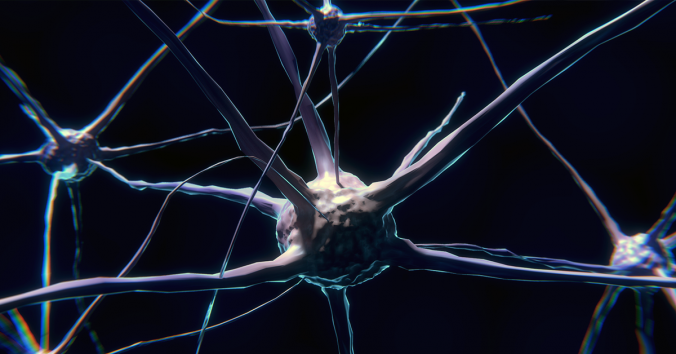As neuroscience expands, the need for ethical reflection also expands. A new field has emerged, neuroethics, which celebrated its 15th anniversary last year. This was noted in the journal AJOB Neuroscience through an article about the area’s current and future challenges.
In one of the published comments, three researchers from the Human Brain Project and CRB emphasize the importance of basic conceptual analysis in neuroethics. The new field of neuroethics is more than just a kind of ethical mediator between neuroscience and society. Neuroethics can and should contribute to the conceptual self-understanding of neuroscience, according to Arleen Salles, Kathinka Evers and Michele Farisco. Without such self-understanding, the ethical challenges become unclear, sometimes even imaginary.
Foundational conceptual analysis can sound stiff. However, if I understand the authors, it is just the opposite. Conceptual analysis is needed to make concepts agile, when habitual thinking made them stiff. One example is the habitual thinking that facts about the brain can be connected with moral concepts, so that, for example, brain research can explain to us what it “really” means to be morally responsible for our actions. Such habitual thinking about the role of the brain in human life may suggest purely imaginary ethical concerns about the expansion of neuroscience.
Another example the authors give is the external perspective on consciousness in neuroscience. Neuroscience does not approach consciousness from a first-person perspective, but from a third-person perspective. Neuroscience may need to be reminded of this and similar conceptual limitations, to better understand the models that one develops of the brain and human consciousness, and the conclusions that can be drawn from the models.
Conceptual neuroethics is needed to free concepts from intellectual deadlocks arising with the expansion of neuroscience. Thus, neuroethics can contribute to deepening the self-understanding of neuroscience as a science with both theoretical and practical dimensions. At least that is how I understand the spirit of the authors’ comment in AJOB Neuroscience.

Written by…
Pär Segerdahl, Associate Professor at the Centre for Research Ethics & Bioethics and editor of the Ethics Blog.
Emerging Issues Task Force, International Neuroethics Society (2019) Neuroethics at 15: The Current and Future Environment for Neuroethics, AJOB Neuroscience, 10:3, 104-110, DOI: 10.1080/21507740.2019.1632958
Arleen Salles, Kathinka Evers & Michele Farisco (2019) The Need for a Conceptual Expansion of Neuroethics, AJOB Neuroscience, 10:3, 126-128, DOI: 10.1080/21507740.2019.1632972
We like ethics




Recent Comments